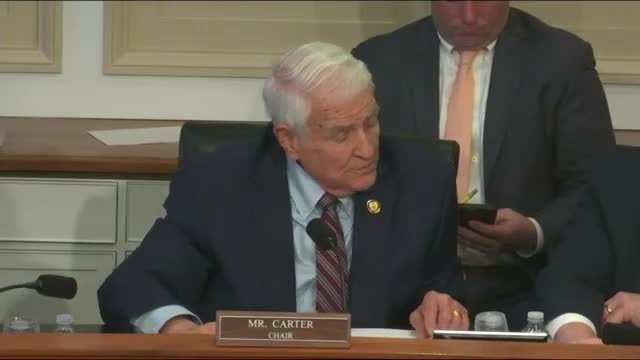Article not found
This article is no longer available. But don't worry—we've gathered other articles that discuss the same topic.
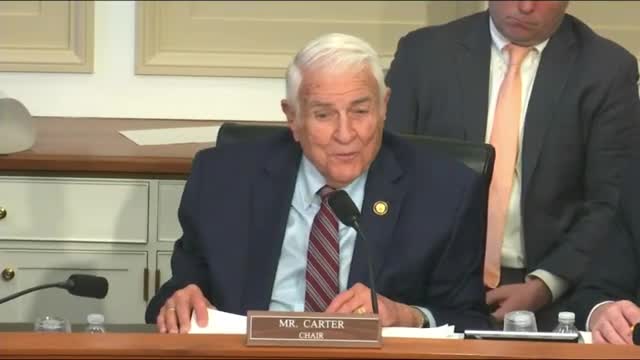
Senior Enlisted Leaders Cite Widespread Barracks, Dorm Shortfalls; GAO Report Spurs Barracks 2030 Effort
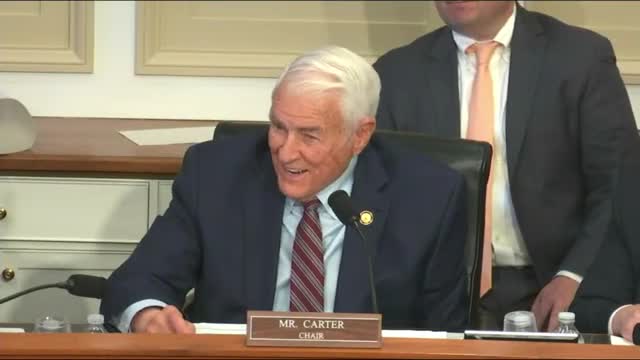
Space Force Senior Enlisted Says Starcom Move to Florida, Dorm Upgrades Key to Growing Force
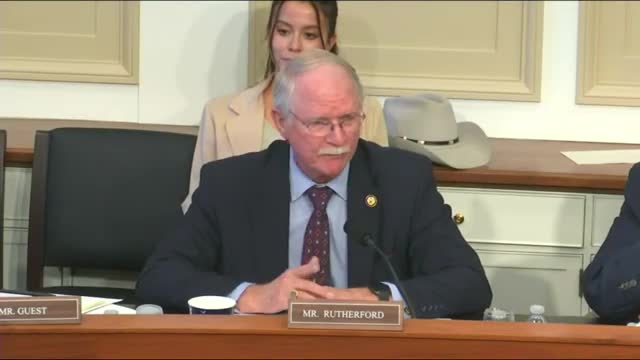
Senior Enlisted Leaders Warn TRICARE Reimbursements and Provider Payments Are Restricting Access to Care
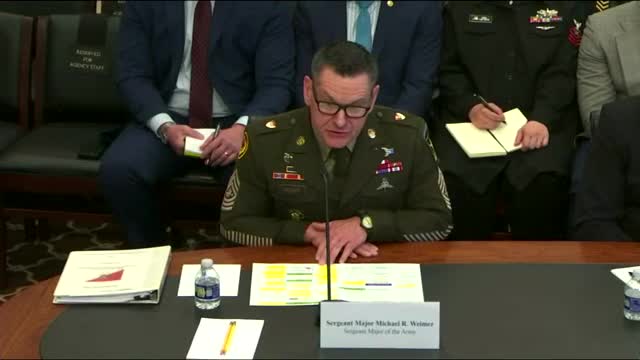
Services Point to Integrated Prevention Workforces but Disagree With External Prevalence Estimates for Sexual Assault
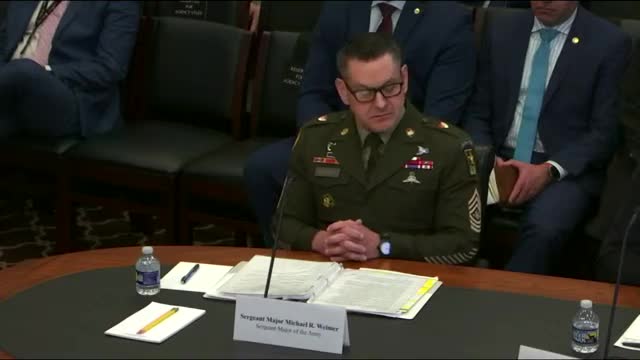
Services Cite Childcare Gains From Fee Assistance but Warn Staffing, Facilities and Benefit Rules Remain Constraints
